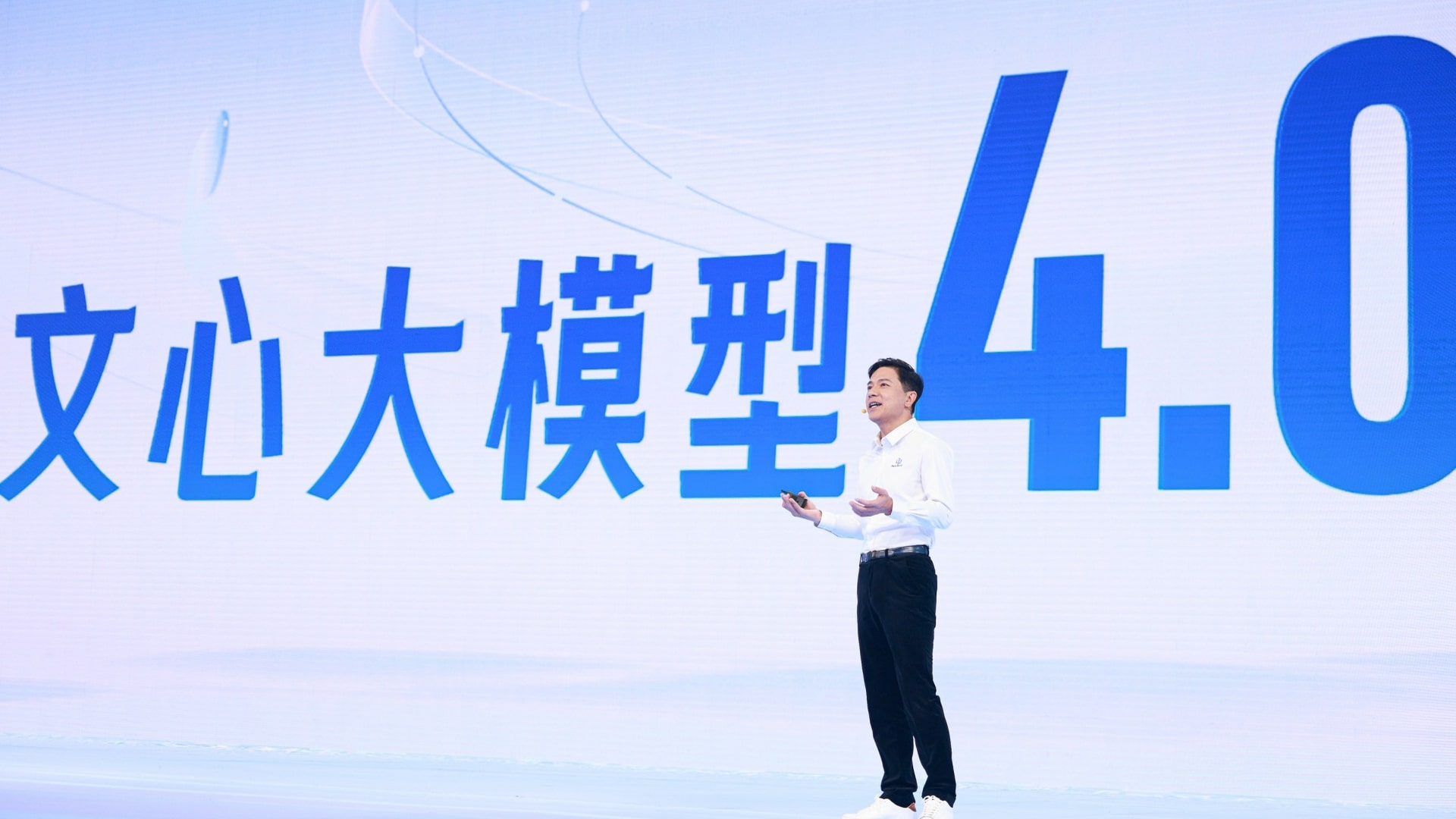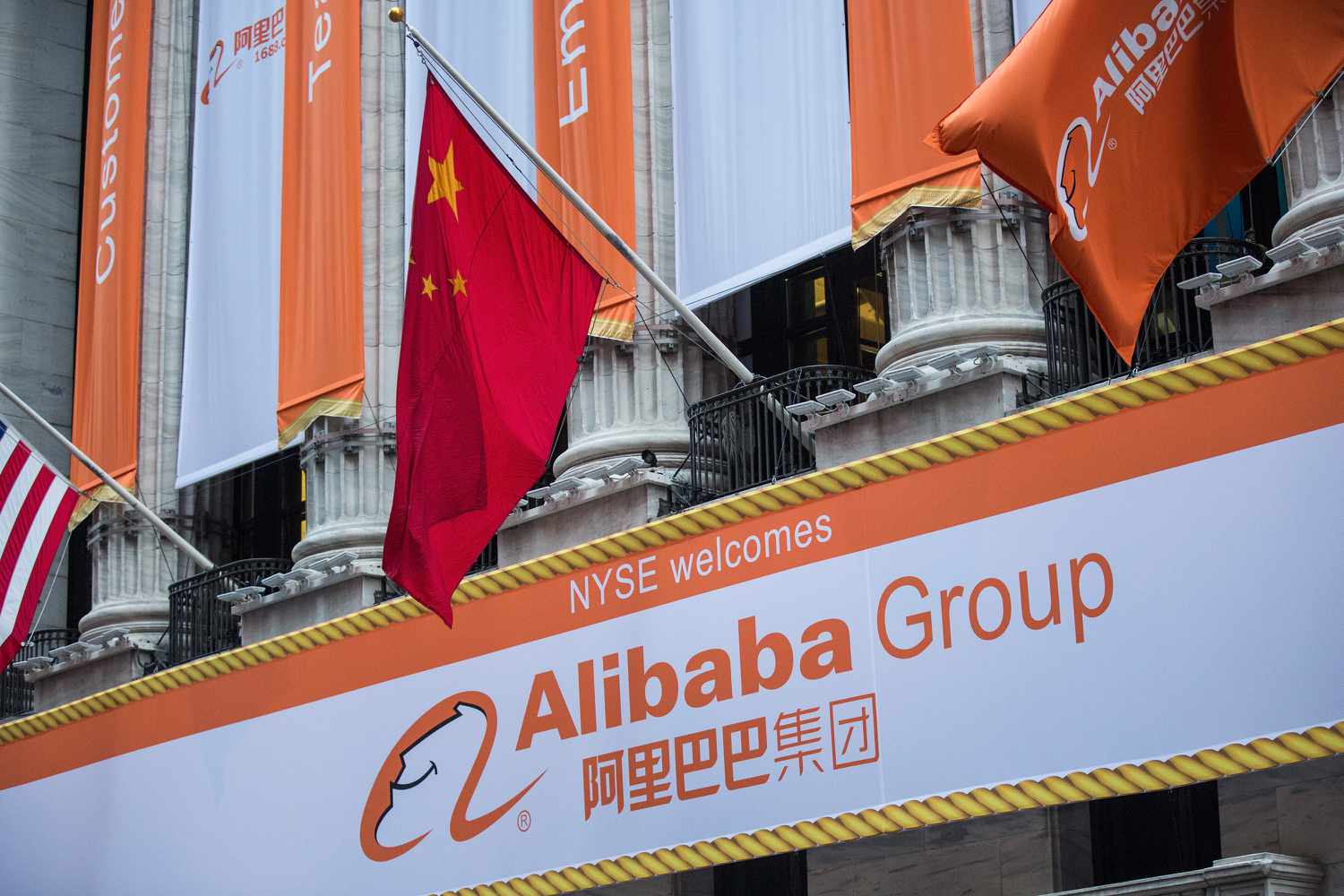As a cloud computing price war heats up in China, Alibaba (9988.HK) and Baidu (9888.HK) cut costs on Tuesday of large-language models (LLMs) used to power generative artificial intelligence Chatbot and other products
The cloud division of Alibaba reduced the price of a variety of its Tongyi Qwen LLMs by as much as 97%.
As an illustration, the price reduction for its Qwen-Long model from 0.02 yuan per 1,000 tokens to 0.0005 yuan per 1,000 tokens (or units of data processed by the LLM) has been implemented.

Baidu, which hours later declared its Ernie Speed and Ernie Lite variants free for all business users, followed suit almost immediately.
Price competition has been ongoing in China’s cloud computing industry for the past few months, with Alibaba and Tencent (0700. HK) opening a new tab and recently reducing the prices of their cloud computing services.
Numerous Chinese cloud vendors have turned to AI chatbot services to increase revenue since late 2022, when China witnessed a surge in spending on large language models in response to the successful launch of OpenAI’s ChatGPT.
The cost competition in China’s cloud computing sector has now extended to the large-language models that drive these chatbots, posing a risk to businesses’ profit margins.
Baidu introduced Ernie Lite and Ernie Speed in March, and corporate clients paid to use them through Tuesday.

The primary model of Bytedance’s Doubao LLMs will be priced 99.3% below the industry average for business users, the company announced last week.
Charging enterprises have been the primary focus of Chinese LLM developers in recouping their LLM investments.
Additionally, some have started to target specific users. Recently, the Chinese startup Moonshot introduced a donation feature through which individual and business users can pay to have their chatbot usage prioritized.
Baidu introduced its LLM products to paying customers first in China, charging a monthly fee of 59 yuan for access to its most advanced model, the Ernie 4.



